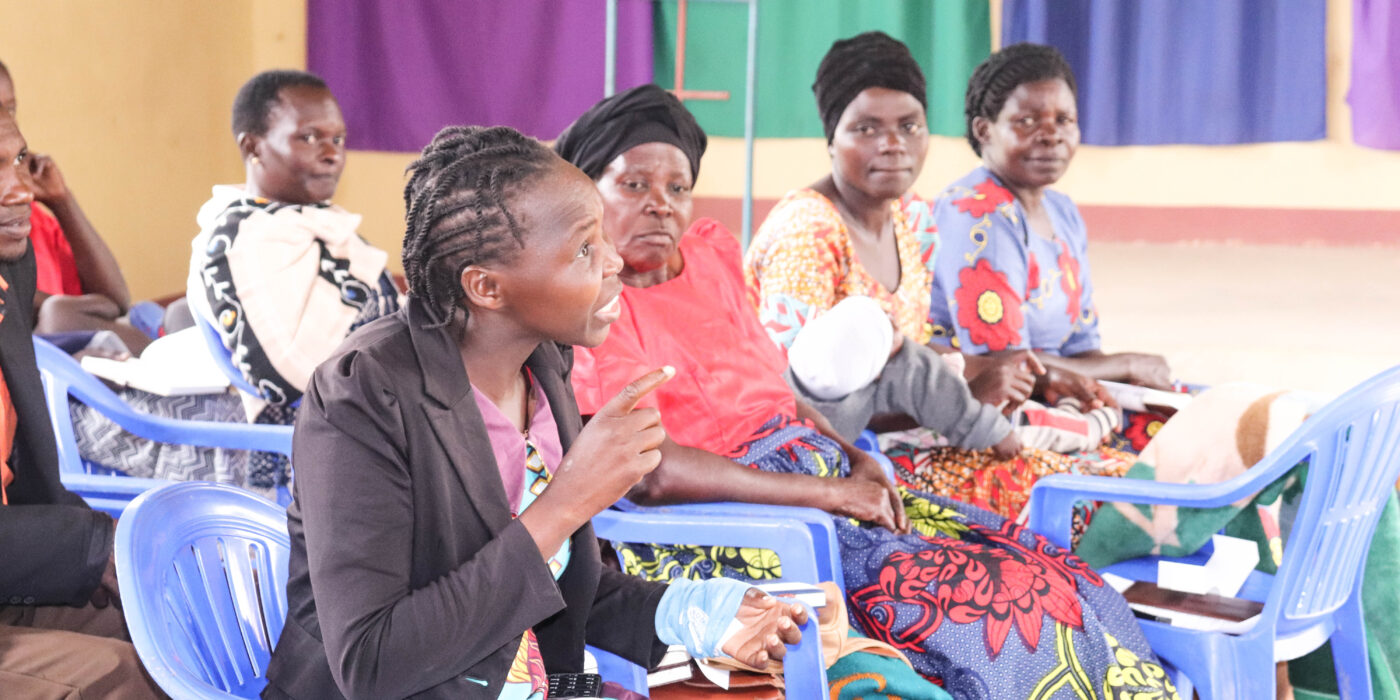In Amuria District, Uganda, we conducted two-day training on Gender-Based Violence Prevention and Response for 33 participants from 28th to 29th February.
Aimed at school teachers and local authorities, the training sought to equip participants with the knowledge and skills necessary to identify, prevent, and effectively respond to GBV cases within their communities and educational institutions
The training delved into understanding the various forms and impact of GBV, ranging from sexual harassment to corporal punishment and verbal abuse, which often plague the educational environment. Through interactive sessions and practical workshops, participants explored strategies for developing robust response mechanisms and policies, as well as fostering collaboration with parents and guardians to create safer and more inclusive spaces for children.
Attended by (25) schoolteachers, administrators, and a diverse array of local leaders, including government officials, religious and traditional leaders, health-care professionals, and community-based organizations’ representatives, the program served as a rallying point for collective action against GBV in Amuria District.
In a region where cultural norms, poverty, and a lack of awareness exacerbate the prevalence of GBV, initiatives like this training program are crucial steps towards safeguarding the rights and well-being of children. By aligning local policies with national and international standards on GBV prevention and response, Amuria District is forging a path towards a safer and more equitable future for its young generation.



